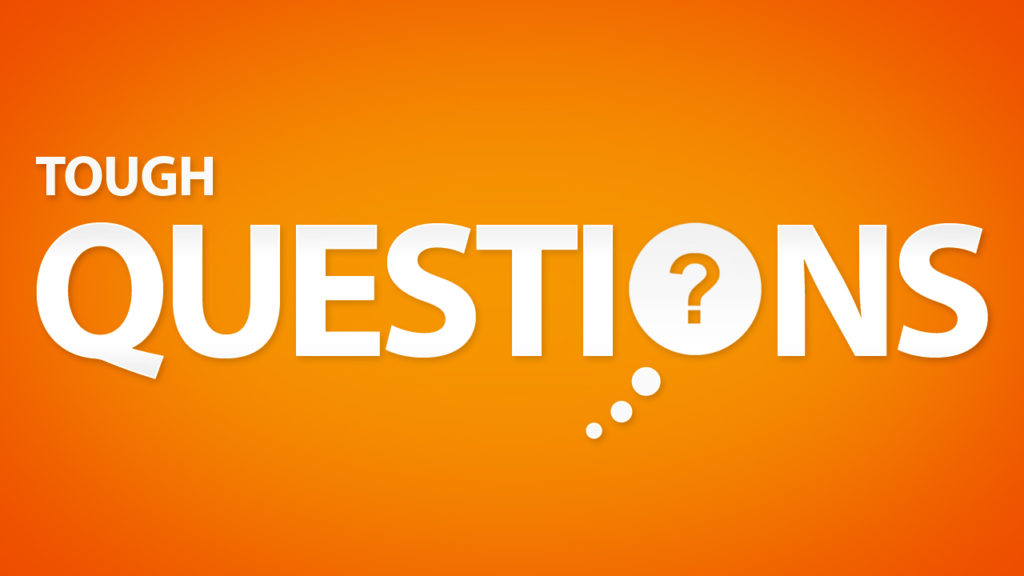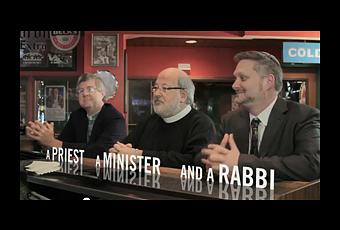
Jeny and I went to our beach cottage just to look at four different walls. We appreciate so many of you reaching out to us to make sure we are okay.
We continue to be fine. We would like to have more hugs and fellowship but for now just hearing from friends and family helps.

Tough Question: Several friends have written me in my adventure — trying to think wisely about prejudice. One sent a very thoughtful email with a very tough question.
In his words:
“I do like the general idea, in as many ways as we can, helping us/each other understand how much we all share or are alike. Very heart of your argument – and as you preach and know, extends beyond prejudice.
So the random thought I have at the moment is how I can distinguish between dislike and prejudice. Maybe that is something akin to hating the sin and not the sinner? I find those boundaries are hard to maintain or perhaps better said, hard to maintain without intentional thought as you are encouraging. And, of course I am much more comfortable thinking about what I am prejudiced for in a positive way than I am to think where I hold persistent, negative thoughts about the character of any particular group. But maybe that is the root of negative prejudice?”
How can I distinguish between dislike and prejudice? What a great question!
I do not know is probably my best answer.
But still I ponder a response.

A Telling Conversation: His question reminds me of a true conversation (not a joke) held between two good friends, the executive of our local Presbytery and a local Rabbi. The occasion for the conversation was the General Assembly of the Presbyterian Church passed an unbinding resolution to divest the pension fund of companies that were contributing to the expansion of Israel – for example Caterpillar. Some interpreted the action as anti-Semitic.
Part of the force behind the motion was because a former head of the General Assembly was a Palestinian Christian. Due to expansion, he had to watch his family lose an olive grove that had been in his family for several hundred years.
My purpose is not to make a statement about Israel but to think about an interaction between the Presbyter and the Rabbi. The Presbyter asked — “Can someone criticize Israel without appearing to be anti-Semitic?”
The Rabbi thought for a long time before his reply: “It would be very difficult.” I feel the same way about telling the difference between dislike and negative prejudice – it is very difficult.
The big problem is decisions can be perceived as prejudice whether they are or are not. You alone know your heart and motives. I cannot read your mind. That is why “I do not know” is the best answer to his general question.
I can only speak to my own mind. If I make a decision about a person based on a negative bias, before I know them, then I have prejudged them—prejudice. If on the other hand I have a bias, but I wait to know the person before deciding whether or not they have a characteristic I dislike then I have not prejudged them.

My Bias: In my own life I have been better served to know my biases and work to keep them under control. When I have owned a bias, I have been able to like people in situations which began with preconceived notions.
For example, if I know people are from a big city in the northeast of the United States, I have certain preconceived notions. My notions are — they are harsher, more aggressive, more elitist and judgmental against Southerners. I usually approach them with more caution, hopefully not prejudice, than I would someone from the Midwest.
My bias is not a hateful bigotry. Some might say it is harmless. A cynic might say justified. My point is – by owning my preconceived notions, by being aware of my bias, I am helped in my interactions with the people. I may be more cautious but I take responsibility for the caution. I am more likely to give them the benefit of the doubt.
My faith also helps me. I see the person as someone loved by God. Even if they turn out to be harsh, elitist and prejudiced against Southerners, I need to relate to them with love. Do unto them as I would have them do unto me.
As I have said, I enjoy the interactions I am having with you because your questions and ideas challenge me and help me grow.
Keep up the good work.
Please stay safe,
Jerry
0 Comments